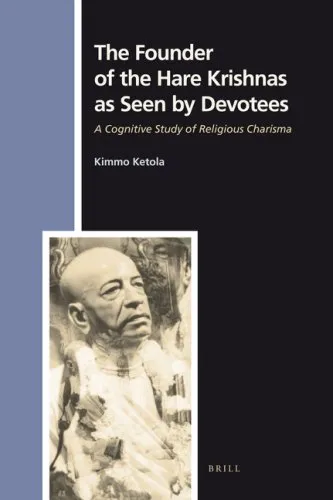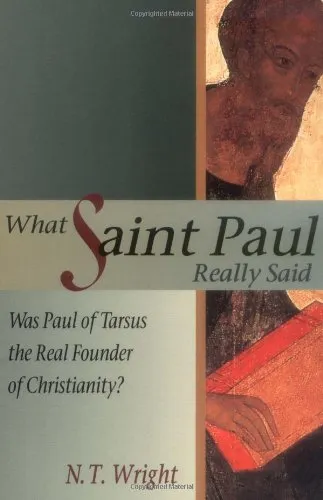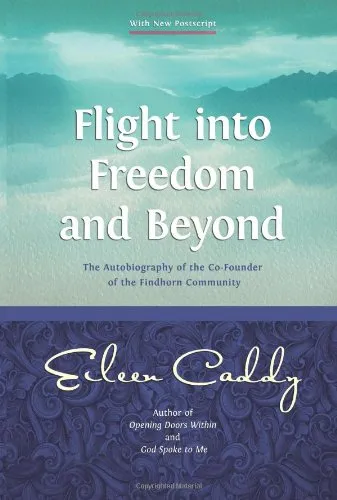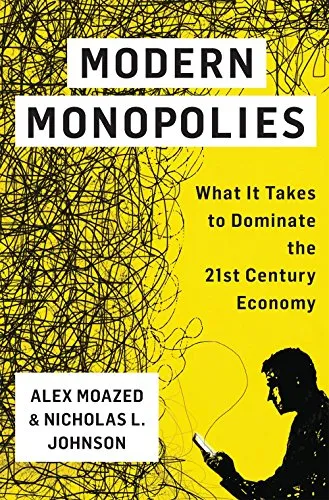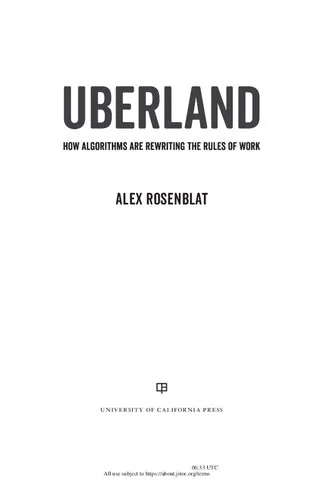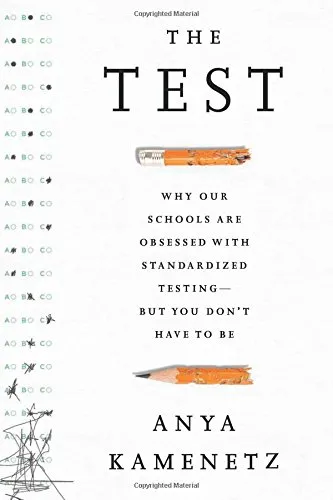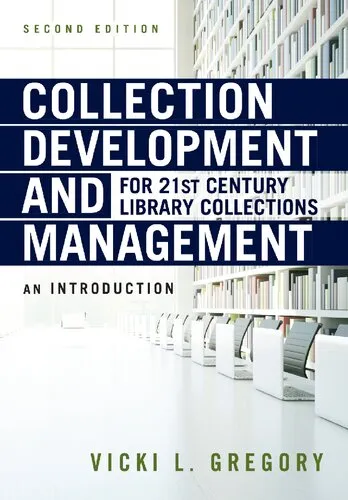Charisma and Religious Authority: Jewish, Christian, and Muslim Preaching, 1200-1500
4.0
Reviews from our users

You Can Ask your questions from this book's AI after Login
Each download or ask from book AI costs 2 points. To earn more free points, please visit the Points Guide Page and complete some valuable actions.Related Refrences:
Introduction to "Charisma and Religious Authority: Jewish, Christian, and Muslim Preaching, 1200-1500"
"Charisma and Religious Authority: Jewish, Christian, and Muslim Preaching, 1200-1500" is a groundbreaking exploration of the role of preaching as a cornerstone of religious expression and authority in the late medieval period. This book delves into the ways Jewish, Christian, and Muslim preachers navigated their respective traditions, cultural contexts, and theological mandates to inspire, educate, and assert influence over their communities. Situated between the 13th and 15th centuries, this work speaks to critical intersections of faith, communication, and charisma across three major world religions.
By focusing on the comparative study of preaching in these traditions, this book seeks to illuminate shared dynamics and unique characteristics alike. It examines the interplay between individual charisma and institutional structures, offering a nuanced understanding of how religious leaders obtained and maintained authority. In doing so, it contributes not only to the history of religion, but to the study of rhetoric, sociology, and cultural exchange. It seeks to answer essential questions: What made a preacher persuasive? How did they balance personal magnetism with established doctrine? And, ultimately, what role did preaching play in shaping religious communities?
Detailed Summary of the Book
"Charisma and Religious Authority" takes readers on an intellectual journey across three major monotheistic faiths during the medieval era, exploring the common and divergent methods used by preachers to influence and inspire.
The book is structured around several key themes. It begins by defining the concept of charisma as understood in religious contexts, drawing upon the works of thinkers like Max Weber while situating the discussion firmly within the unique features of the medieval world. The notion of religious authority is tied closely to the ability to communicate doctrine while embodying values that resonate with the audience.
In the Christian tradition, figures such as Franciscan and Dominican preachers are explored, with a particular focus on their itinerant lifestyles and ability to address diverse audiences. In the Jewish tradition, the focus shifts to rabbis, who often preached within the synagogue context, navigating Torah interpretations while offering moral and ethical guidance. For Islam, attention is given to the khutbah and the role of imams in delivering eloquent, sometimes politically charged sermons that reinforced the centrality of the Quran and the Hadith.
Besides emphasizing the theological aspects of preaching, the book also considers its social implications. Preachers in all three traditions were not merely conveyors of doctrine; they were mediators of culture, identity, and even political propaganda. The text captures how their words were able to bridge divides, inspire movements, and create cohesive communities during times of both stability and crisis.
Key Takeaways
- The Power of Words: Preaching was central to shaping religious thought and community cohesion in medieval societies.
- Cross-Cultural Perspectives: Despite doctrinal differences, Jewish, Christian, and Muslim preachers shared common strategies in engaging their audiences.
- Charisma and Leadership: Preachers needed more than knowledge; their personal magnetism and ability to connect were equally critical to their success.
- Religion and Society: The sermons of these preachers reflect broader social, political, and cultural dynamics, making them invaluable historical sources.
Famous Quotes from the Book
"Charisma is not merely a performance; it is a bridge between the human and the divine, a channel that empowers words to transform lives."
"Preaching is where doctrine meets daily life, where abstract theology finds its voice in the everyday struggles of the faithful."
"In every religious tradition, the preacher stands as both a servant and a leader, tasked with mediating a sacred message to an earthly audience."
Why This Book Matters
This book is an essential resource for anyone interested in the history of religion, communication, or cultural exchange. By examining preaching as a site of interaction between charisma, authority, and doctrine, it not only deepens our understanding of religious traditions but also sheds light on broader human experiences of leadership and influence. Its comparative approach is particularly timely, offering insights into the shared challenges and triumphs of religious leaders across traditions during a pivotal period in history. As the modern world continues to grapple with questions of authority and the power of words, this study of medieval preaching offers lessons that are still relevant today.
Free Direct Download
You Can Download this book after Login
Accessing books through legal platforms and public libraries not only supports the rights of authors and publishers but also contributes to the sustainability of reading culture. Before downloading, please take a moment to consider these options.
Find this book on other platforms:
WorldCat helps you find books in libraries worldwide.
See ratings, reviews, and discussions on Goodreads.
Find and buy rare or used books on AbeBooks.
1488
بازدید4.0
امتیاز0
نظر98%
رضایتReviews:
4.0
Based on 0 users review
Questions & Answers
Ask questions about this book or help others by answering
No questions yet. Be the first to ask!



